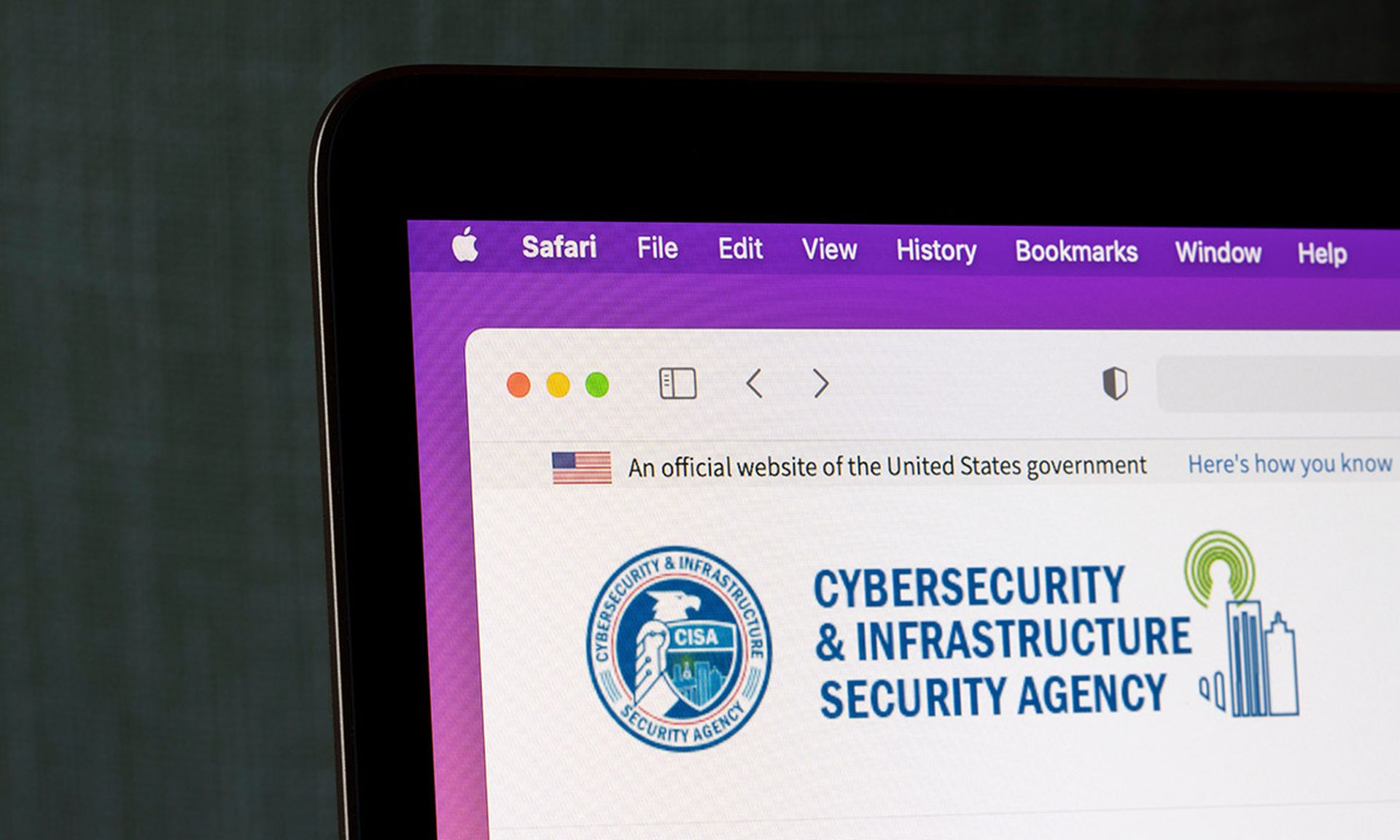Critical Infrastructure Security
Biden administration’s ‘tough’ new cyber strategy defended by Inglis
SC StaffCyberScoop reports that U.S. National Cyber Director Chris Inglis has moved to defend the tougher measures included in the Biden administration's initial national cybersecurity strategy amid its imminent reveal.
"If tough means that we have to be serious about what we want cyberspace to do for us and to then be willing to make investments to achieve that and if the government is then willing to put its money where its mouth is by specifying in its own architectures what the non-discretionary attributes are and making investments to deliver those... then it's time for us to be tough," said Inglis at last week's Cipher Brief Threat Conference.
Aside from strengthening cybersecurity regulation, Inglis added that the upcoming national cyber strategy also advances continued partnerships between the Cybersecurity and Infrastructure Security Agency and the private sector, and advocates increased focus on sector risk management agencies.
Meanwhile, Center on Cyber and Technology Innovation Senior Director Mark Montgomery called for the inclusion of "explicit tasking to achieve objectives" and an implementation plan in the strategy.
Get daily email updates
SC Media's daily must-read of the most current and pressing daily news



